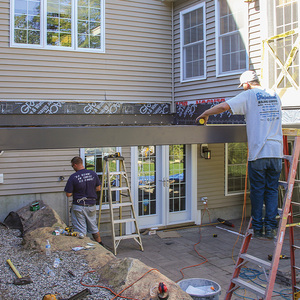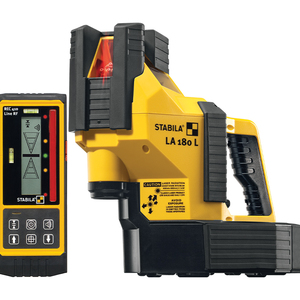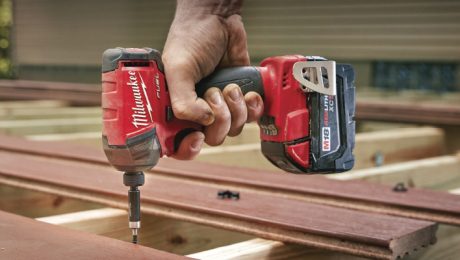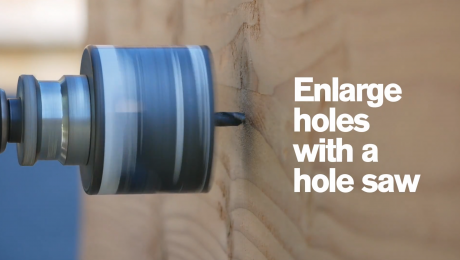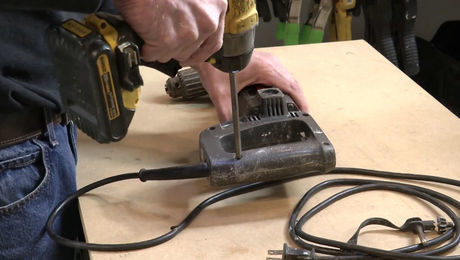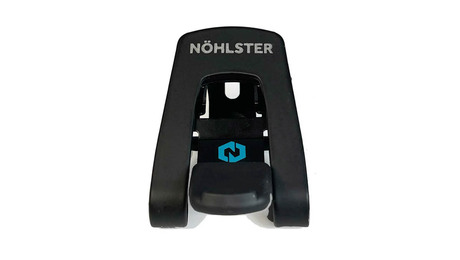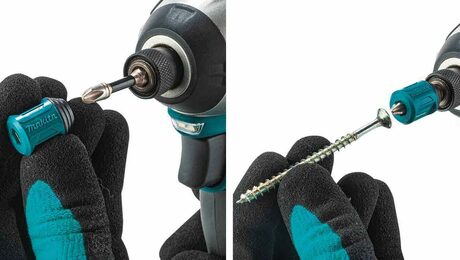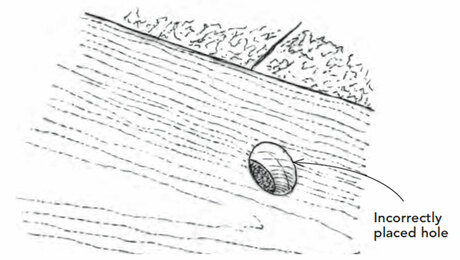Tool companies adopt new torque ratings
A new testing method measures the sustained torque of a tool with 95% accuracy

In the 30 or so years that power drills and drill/drivers have been on the market, toolmakers have been competing with each other over torque ratings, or the measure of the tools’ turning force. But because these ratings typically come from in-house or third-party laboratory testing, the equipment and methods vary, and so do the results. Often, the publicized torque ratings are peak measurements (the initial half-second burst of energy when the trigger is pulled) rather than sustained torque, which is a more realistic representation of the tool’s performance during normal use.
A new testing method—recently agreed on by Bosch, Delta/Porter-Cable, Hitachi, Milwaukee, and all other major PTI (www.powertoolinstitute.com) members—measures the sustained torque of each tool with 95% accuracy.
Although it’s voluntary, and so far Makita is the only manufacturer to publicize standardized torque results, the new test method could be a good step toward balanced, apples-to-apples shopping information for power-tool buyers.
Photo by: John Ross
Fine Homebuilding Recommended Products
Fine Homebuilding receives a commission for items purchased through links on this site, including Amazon Associates and other affiliate advertising programs.
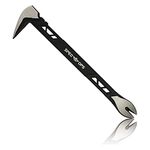
11" Nail Puller
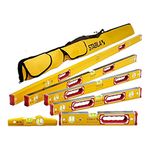
Stabila Classic Level Set
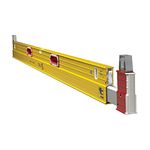
Stabila Extendable Plate to Plate Level


